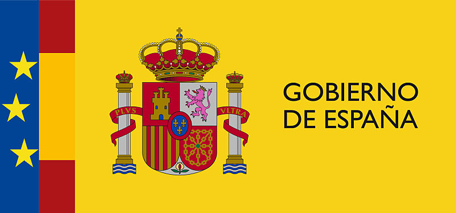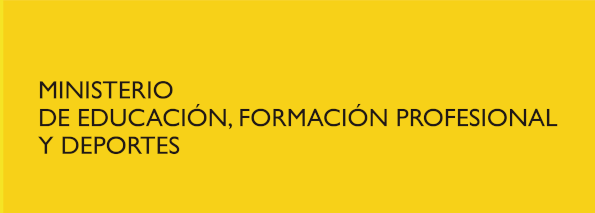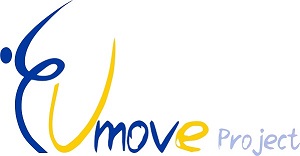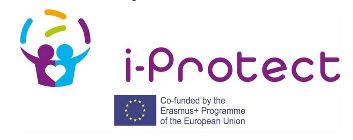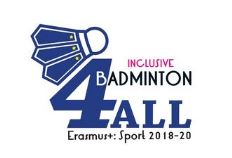The Erasmus + programme forms part of the EU Youth Strategy for 2019-2027 and the Rethinking Education strategy and encompasses all education, training, youth and sport initiatives.
Erasmus + integrates existing programmes into the Lifelong Learning Programme as well as international higher education programmes: Mundus, Tempus, ALFA, Edulink and bilateral programmes, in addition to the Youth in Action Programme.
PROGRAMMES
This programme has a clear vocation for internationalisation beyond the EU’s borders, opening up to third countries with the aim of improving capacities.
It consists of actions in areas:
- Mobility of people for learning purposes;
- Cooperation for innovation and the exchange of good practices;
- Support for policy reform;
- Jean Monnet Actions;
- Actions in Sport;
The actions of the Erasmus + programme are divided into decentralised actions and centralised actions.
Decentralized actions are managed in each country by the national agencies that are designated by their authorities in that country. Spain has two national agencies: the Spanish Service for the Internationalization of Education (SEPIE) for decentralized actions in the field of education and training and the Youth Institute (Injuve) for those in the field of youth and sport. (WE INCLUDE THE LINKS OF BOTH AS IT IS ALREADY)
Centralised actions are managed at European level by the Executive Agency for Education, Audiovisual, and Culture (EACEA), attached to the European Commission and based in Brussels. In the centralized actions EACEA is in charge of the management of the complete life cycle of the projects, from the design of the conditions and guidelines of the financing lines, through the selection and evaluation of projects, contacts with the beneficiaries, signature of agreements for their realization, financial management, supervision, monitoring and dissemination of the results.
The Erasmus+ programme finances a number of specific actions in the field of sport. These actions aim to contribute to the development of sports organisations by supporting mobility for the learning of their staff. Specifically, these are the key actions that can receive funding:
- Key action 1: Educational mobility of people. This action supports mobility for the learning of sports staff (coaches, etc. ). It is a decentralized action whose management is entrusted to INJUVE in Spain.
- Key action 2: Cooperation between (sports) organisations and institutions, including cooperation associations and small-scale associations . This is a centralised action managed by the European Commission’s EACEA executive agency. It allows funding for capacity-building projects in sport, as well as non-profit European sports events.
- Key action 3: Support for policy development and cooperation. This is a centralised action managed by the European Commission’s EACEA executive agency. It makes it possible to support political cooperation at European Union level, thereby contributing to the implementation of existing policies and the development of new policies that can promote modernisation and reform in the field of sport.
There are other EU-level funding programmes and instruments, but they are not specific to the field of sport. This does not prevent sports organizations from being eligible for them if they meet their goals. Among other programmes, the following can be highlighted:
- Various cohesion policy funds, such as the European Social Fund+ or the European Regional Development Fund.
- Funds aimed at supporting research and innovation, such as Horizon Europe.
